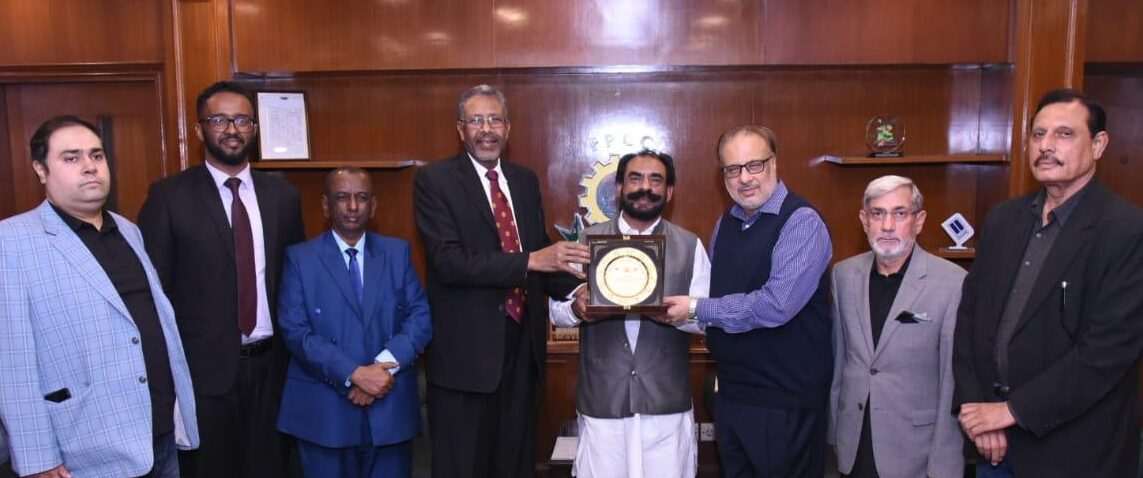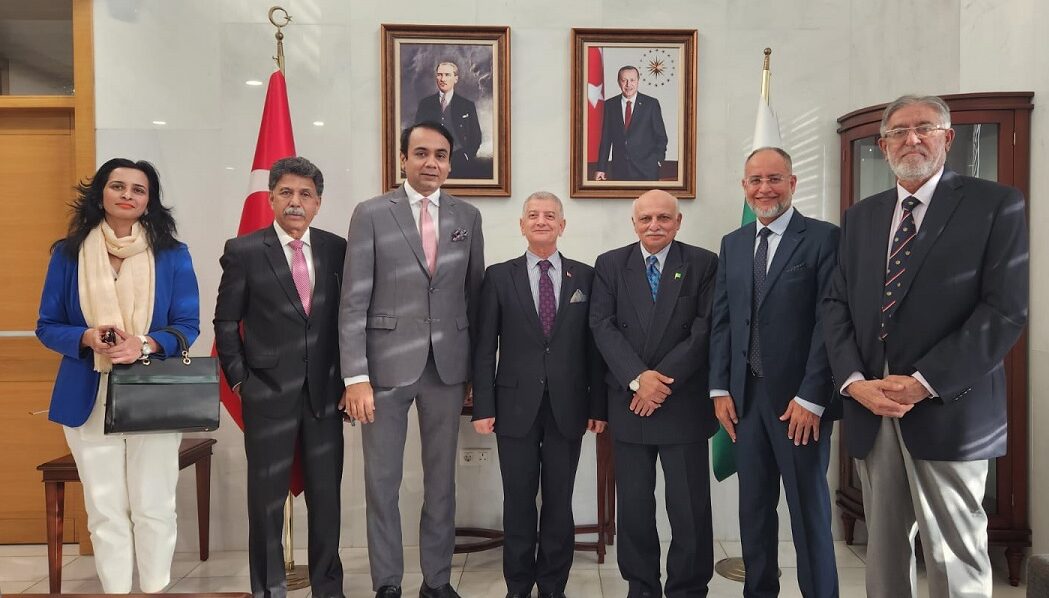Karachi, September 14, 2020: In a statement, EFP Chief said that there are 42 types of minerals available in Balochistan out of 92 totally available in all over Pakistan, none of which are refined but simply exploited and exported, thereby widening the unemployment gap. These resources will come to an end if we do not realize the significance of value addition and how such products can generate revenue for Pakistan.
Ismail Suttar, President of Employers’ Federation of Pakistan (EFP), has said that “A country cannot rise from debt till it learns the art of value addition”. Pakistan has an abundance of mineral resources but is unfortunately not utilized to its full potential and exported in crude form which only constitutes to 5pc of the total GDP. We as a nation should understand the burden this export puts on Pakistan’s economy with no employment generation and little to no industrialization.”
“The EFP after several back and forth consultations has introduced “Minerals to Chemicals Committee”, tasked to create value added products out of these raw materials. The goal is to marginalize the export of raw material or impose a minimum price floor, says Ismail. EFP is currently working on Fluorspar, Chromite, Quartz, Magnesite, Antimony, Talc and Barium and has partnered with PUM Netherlands for their expertise in Ferrochrome production to support our steel industry in terms of cost-effective production”, he added.
Ismail Suttar further stated that this Committee is working to uplift the SME sector of Pakistan that will not only create immense working opportunities for our labour sector but also lead to the establishment of further industries in the country which will steer Pakistan towards a more flourished economy.
EFP president said, the government of Pakistan should consider reducing the cost of doing business to facilitate such energy extensive processes to gain investors’ attention to resuscitate the ailing sector of minerals. I am confident that the mineral industry will provide tremendous growth to Pakistan in the next 10 years and will ensure its position among the leading chemical producing countries.


























































































































































































































































































